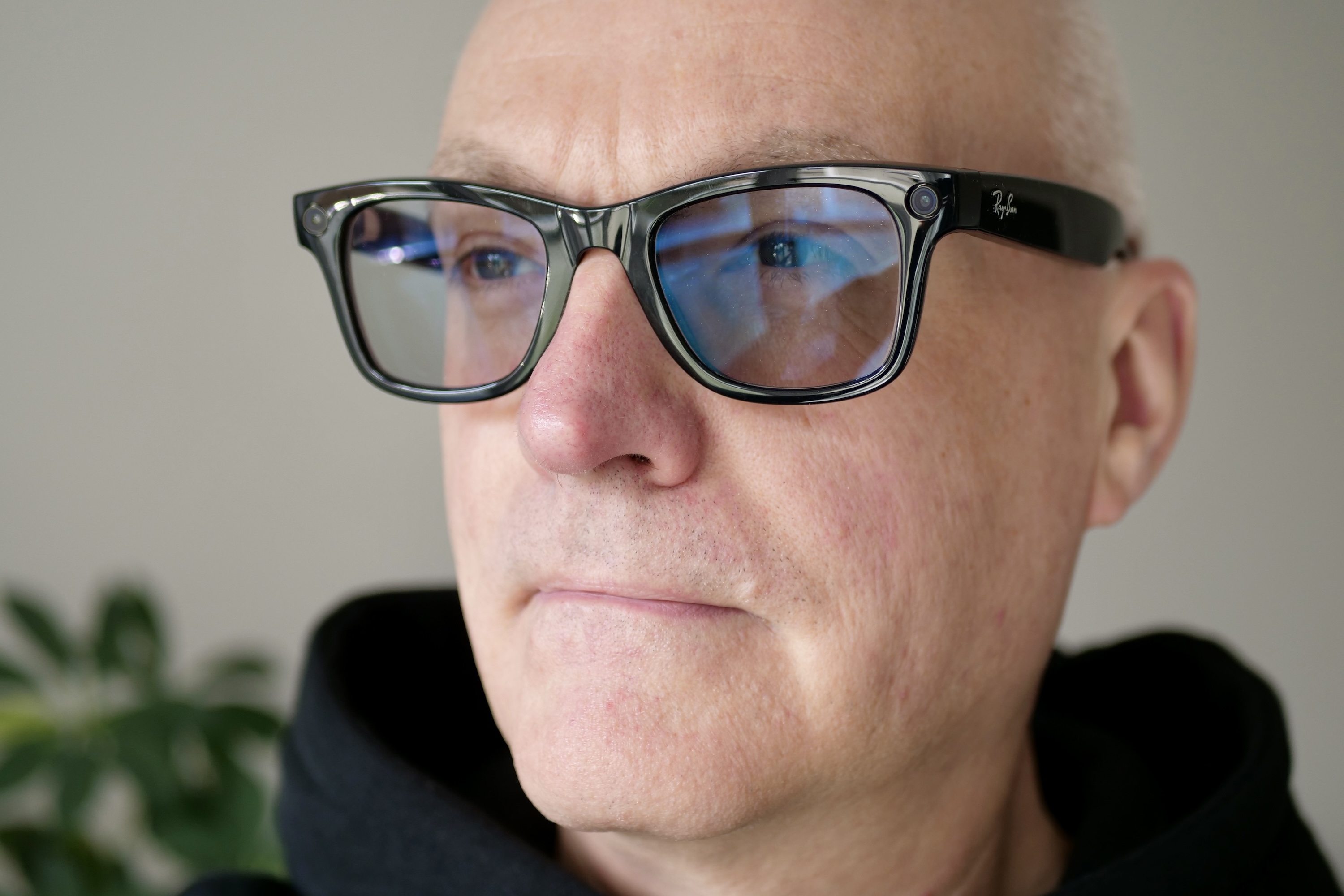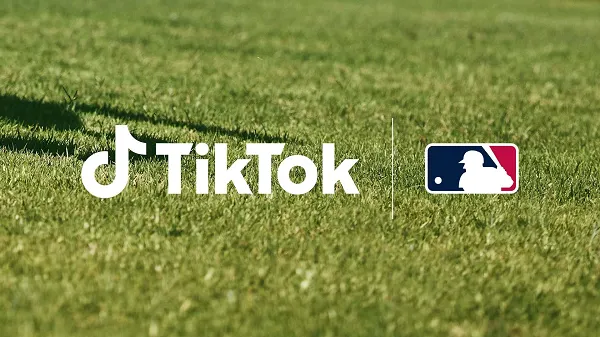Apple preps smart glasses with visionOS and a Meta Ray-Ban rival
Apple is reportedly working on smart glasses running a version of Vision OS, the stack powering its Vision Pro headset. There are plans for more formats, too.

Digital Trends may earn a commission when you buy through links on our site. Why trust us?
 Meta
Meta
It’s no secret that Apple’s entry into the AR/VR segment didn’t quite stir the product revolution that the company may have expected. A cumbersome build married to a sky-high asking price for the Vision Pro headset were some of the key woes, but the company has not given up on its dreams.
On the contrary, Apple might even expand into the wearable category beyond the domains of XR itself. According to Bloomberg, the company is working on multiple ideas for smart glasses, both with advanced AR optics and those without a sophisticated display unit.
“Apple is already working on a version of visionOS — the Vision Pro’s software — that will run on glasses,” says the report, which comes courtesy of Mark Gurman’s PowerOn newsletter.
The outlet recently reported on an internal program called “Atlas” that entailed collecting feedback from employees about the market and potential for smart glasses. The idea is to chalk out the plans for what kind of features and perks Apple should ideally offer on a pair of smart glasses.
 Google’s AR smartglasses from Google I/O 2022 Google
Google’s AR smartglasses from Google I/O 2022 GoogleApple’s work on smart glasses is, once again, late to the domain. Meta has already showcased its Orion AR smart glasses concept, even though it is still a few years from a market release as the company waits for the costs to come down.
Google has also confirmed that it is serious about the potential of smart glasses, with Android XR formally laying down the foundations of those plans. There are a few other players out there, such as Halliday and Even Realities, who are taking a more minimalist course for smart glasses.
It, however, seems that Apple is not merely content with the premise of XR glasses. The company has apparently paid close attention to the smash hit that was the Meta Stories smart glasses, developed in partnership with Ray-Ban.
“It’s also exploring other types of wearable products, including a rival to Meta’s Ray-Ban spectacles and even camera-equipped AirPods,” adds the Bloomberg report.
The Meta smart glasses, equipped with a pair of front-facing cameras, originally arrived as a companion device for social media sharing and serving as a companion for basic tasks like handling calls and music playback.
 Andy Boxall / Digital Trends
Andy Boxall / Digital TrendsBut in the past few months, they have steadily gained new features, including integration with the Meta AI stack that opens a whole new world of interaction and capabilities for users. The company is reportedly working on a successor that will add a screen for deeper immersion in the coming years.
Apple is no stranger to the whole premise. Just look at the Apple Intelligence stack powered by OpenAI’s GPT ecosystem and features like Visual Intelligence that uses AI to make sense of the world in the view of a person’s eyes, and camera sensors aboard a face-worn device like headsets or smart glasses.
However, it is unclear how long it is going to take for Apple to put a pair of smart glasses — with or without XR chops — on the shelves. But given the lukewarm reception it has amassed for its first XR outing with the Vision Pro headset, the company will likely take its own sweet time perfecting its smart glasses and making sure that they stand out from the competition.
Nadeem is a tech journalist who started reading about cool smartphone tech out of curiosity and soon started writing…
From Open AI to hacked smart glasses, here are the 5 biggest AI headlines this week
We officially transitioned into Spooky Season this week and, between OpenAI's $6.6 million funding round, Nvidia's surprise LLM, and some privacy-invading Meta Smart Glasses, we saw a scary number of developments in the AI space. Here are five of the biggest announcements.
OpenAI secures $6.6 billion in latest funding round
Sam Altman's charmed existence continues apace with news this week that OpenAI has secured an additional $6.6 billion in investment as part of its most recent funding round. Existing investors like Microsoft and Khosla Ventures were joined by newcomers SoftBank and Nvidia. The AI company is now valued at a whopping $157 billion, making it one of the wealthiest private enterprises on Earth.
The next Apple Vision Pro is tipped to debut the M5 chip next year
A new Vision Pro model will enter mass production during the second half of 2025, according to reliable Apple analyst Ming-Chi Kuo, and it will be powered by the yet-to-be-announced M5 chip. The headset will also get Apple Intelligence, which, combined with its spatial computing, will be its main selling point.
It's expected that other design, spec, or hardware elements won't change much, which should help keep the price from going up. Instead, Kuo speculates that the price will stay pretty much the same, giving Apple another chance to provide enough value to justify the $3,000 price tag.
Meta reveals Orion, its first fully holographic AR glasses and ‘neural interface’
Meta shared some big updates for its Ray-Ban Meta Smart Glasses during the Meta Connect keynote, but it also revealed a prototype for a future product: fully holographic AR glasses. After almost 10 years of work, CEO Mark Zuckerberg showed off his team's first fully functioning prototype, named Orion.
Described as "the most advanced glasses the world has ever seen," the Orion frames are genuinely very close to just being a normal pair of glasses, which is something even many of the current best smart glasses don't achieve. In fact, for people who like chunky statement glasses, they're not even too big as they are -- though Meta says it plans on further developing the design to make it a bit "smaller and more fashionable" before bringing the product to market.

 Konoly
Konoly 



































